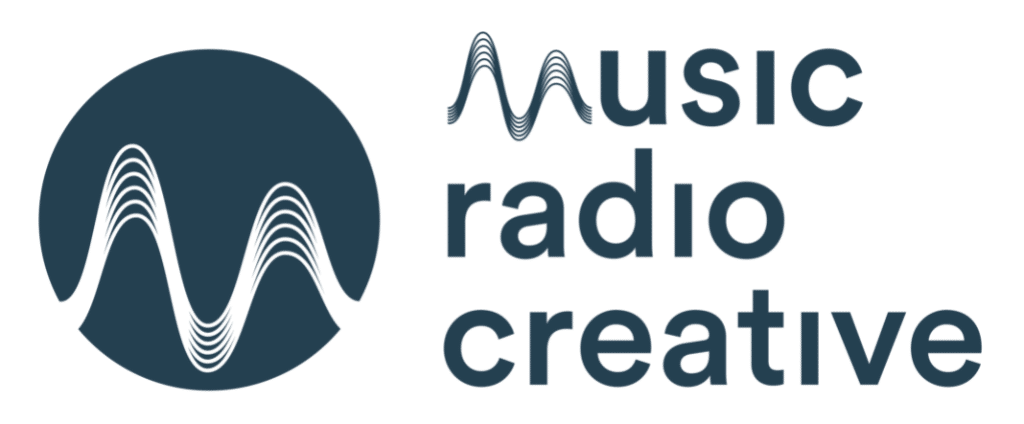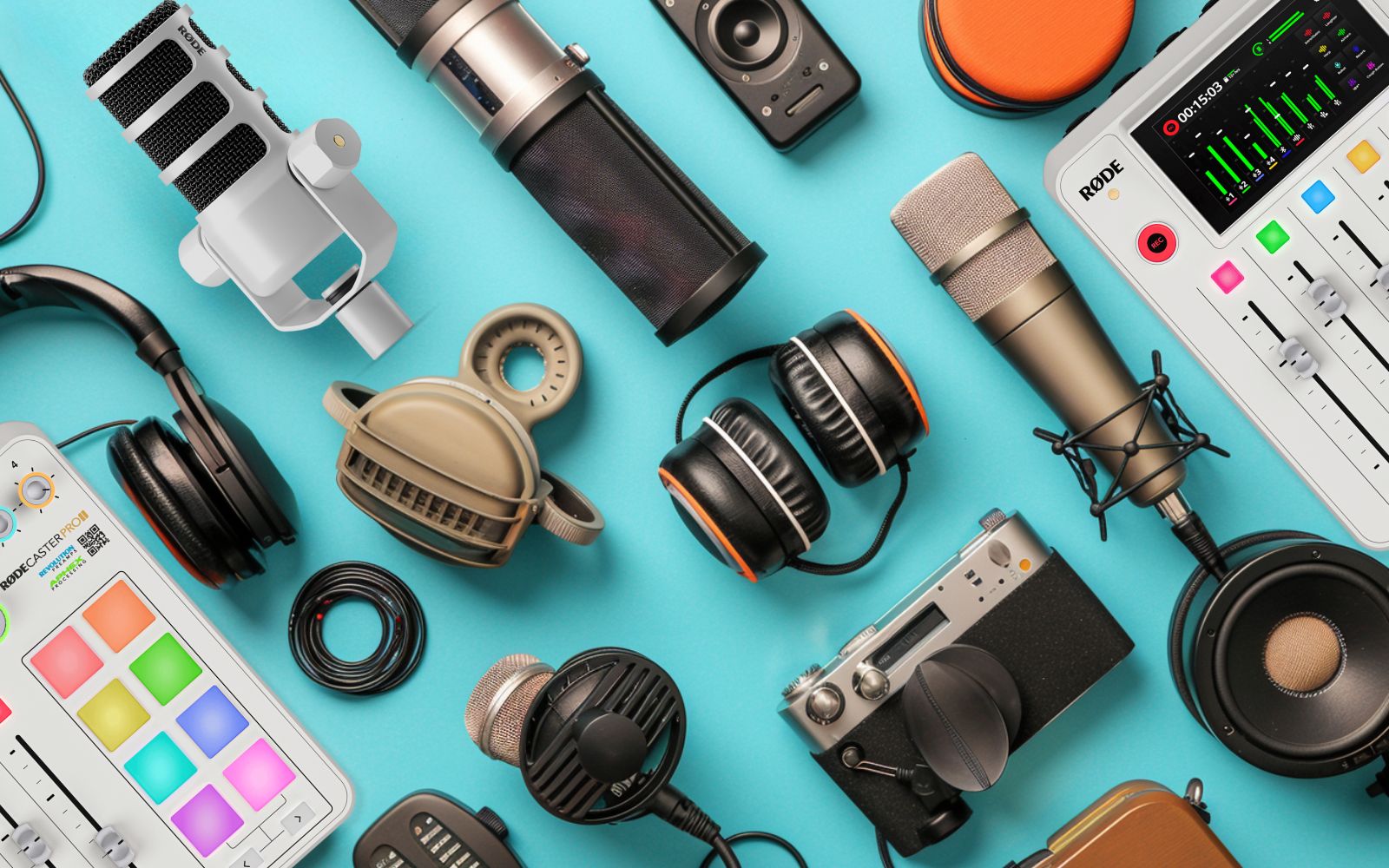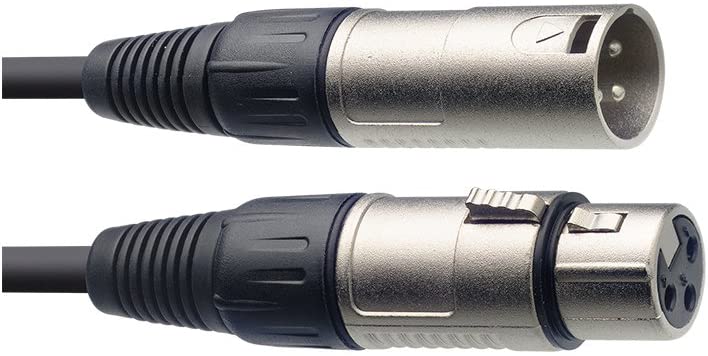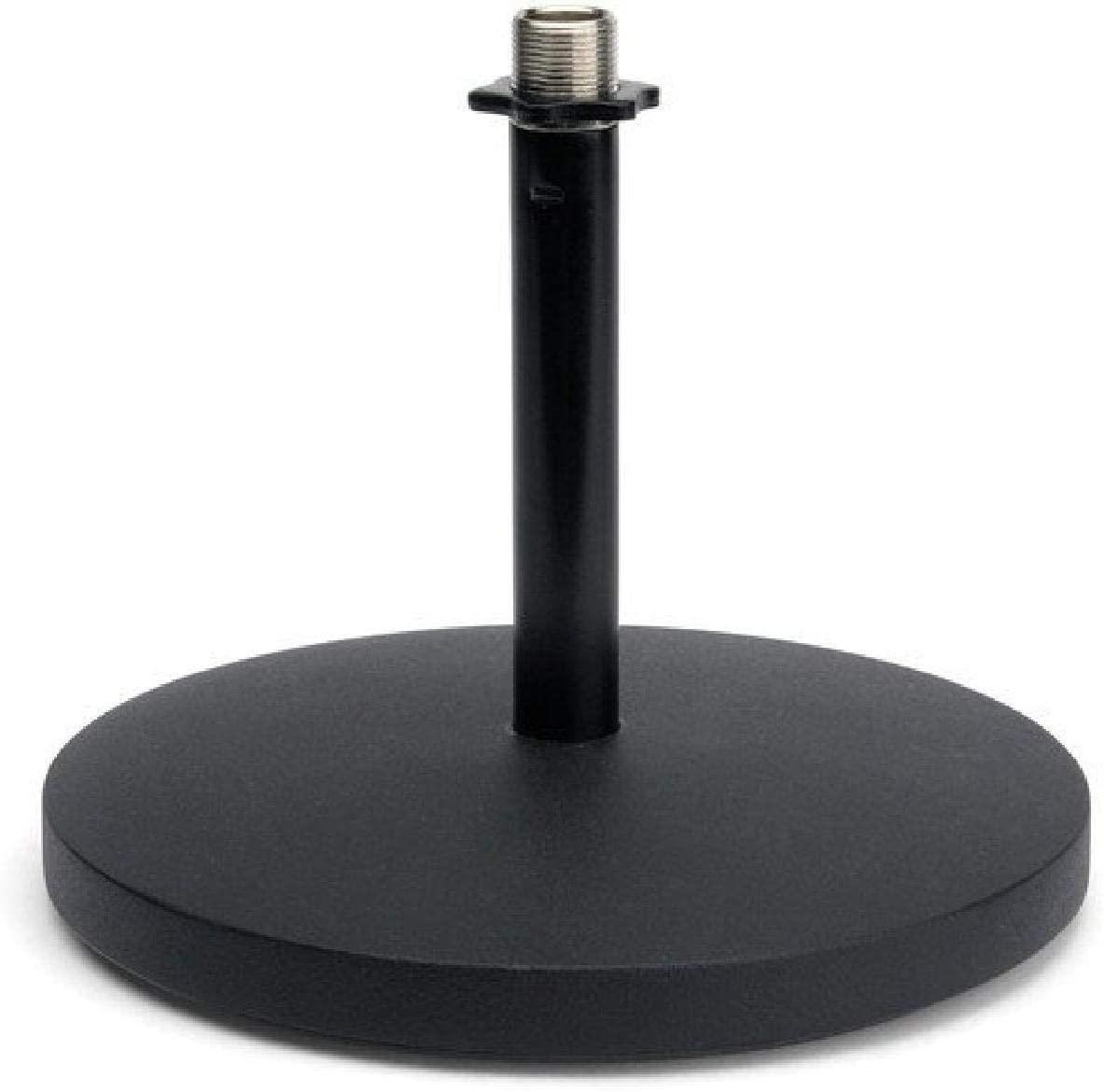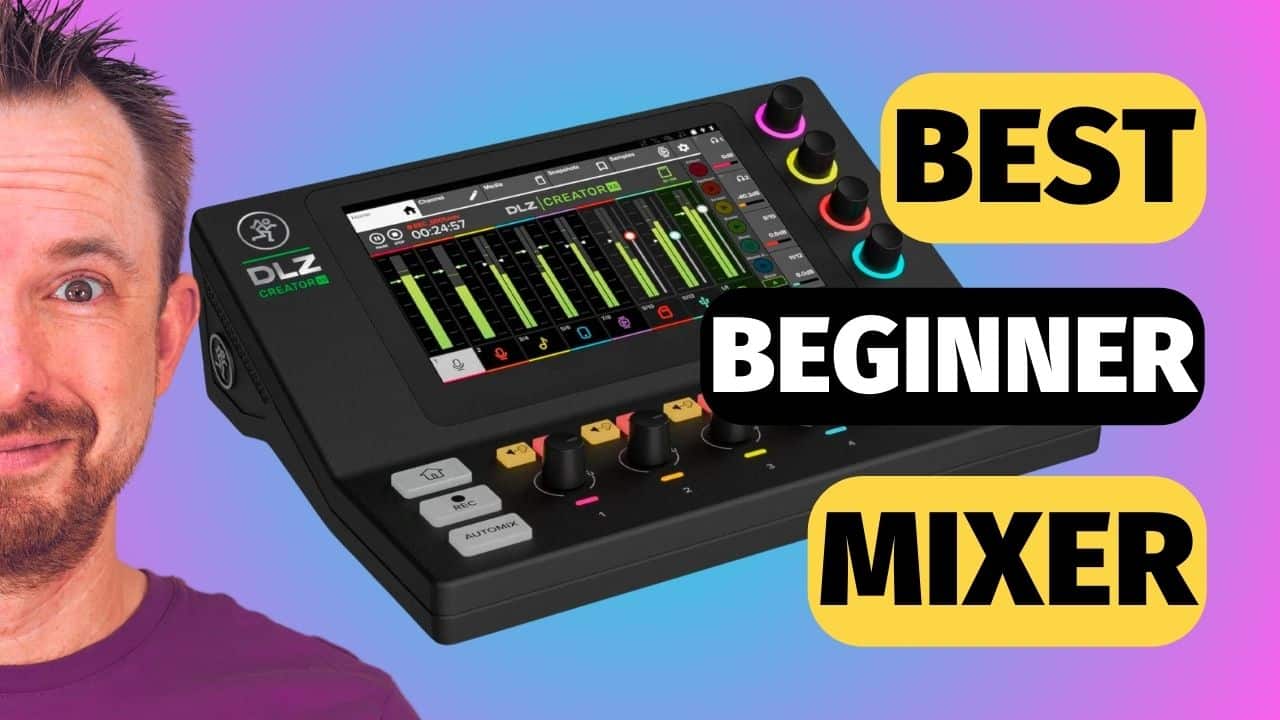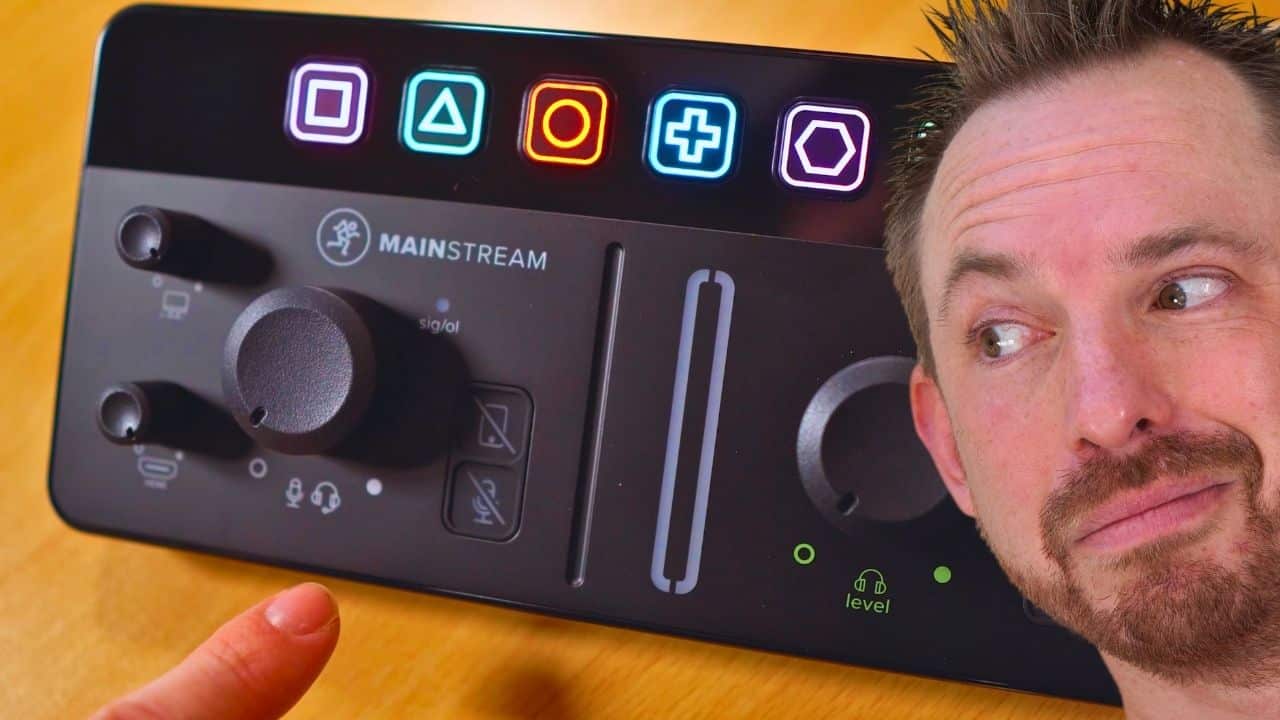When starting a podcast (or looking to level up existing one) – the podcast equipment should be your number one consideration. Some would argue that audio quality is the most important factor for the success of your podcast. Your listeners appreciate nice crisp recordings, your post production costs (both time and money) go drastically down and you are more likely to attract sponsors too. Decision on what Podcast Equipment to get is one of the most important ones. Get your audio sounding great at source. Always!
Podcasting Industry in 2020
2020 has been one increddible year for podcasting and podcasters. As nations went into lockdowns end consumers turned into digital content for entertainment, variety and companionship during the hard times. As a company Music Radio Creative saw an over 50% increase in demand for podcast related products and services since March 2020. The trend has not gone down since. Many corporate clients forced to shut their doors to traditional shops turned into digital presence to engage with their audiences. This coped with the fact that many individuals were sitting at home and not working for months created a perfect storm for podcasting growth in 2020. I don’t think we have seen the end of this yet.
Since 2019 we have seen many hardware companies bringing us equipment designed specifically for podcasters. This is a very welcome move and the increase in demand is clearly driving further developments in this area. Rode, Beyerdynamic, Blue, Elgato, AKG and many others have already released products designed for creators.
Podcasters of Today
Podcasters create their content at home, rarely have access to professional studio rooms and need to create as good as possible recording conditions to create good quality content. It is no longer enough to use your phone or a $20 microphone – with the rapid increase of podcasts available to listen to you can no longer afford to start fast and get it right along the way. If your podcast offers a sub-par listening experience – the likelyhood is that there is another podcast with similar topic that doesn’t.
Ultimate Podcast Equipment in 2024
When selecting equipment for this list we wanted to take into consideration the following factors:
1. Ease of set up.
2. Level of technical knowledge required (the less the better).
3. Value for money.
4. Flexibility of the setup (as in how easy is it to turn it from permanent setup to a mobile one).
5. Audio quality.
Audio Interface
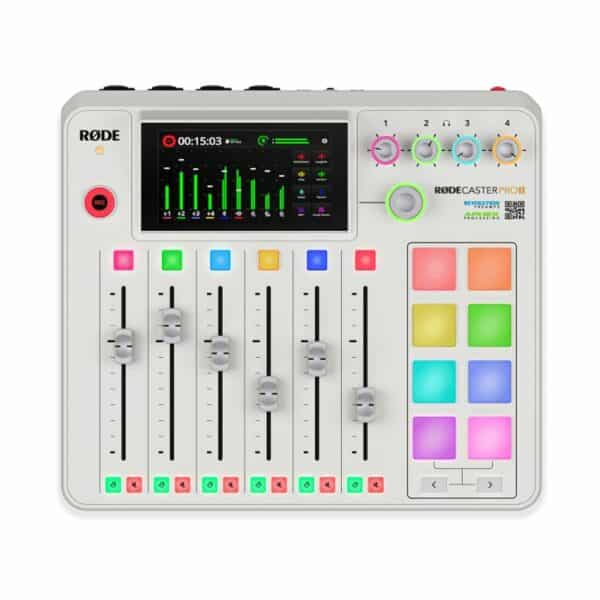
Rodecaster Pro II Podcast Production Studio
- High-Quality Audio: Pristine sound recording with advanced preamps.
- Multi-Channel Interface: Eight faders for seamless control of multiple audio sources.
- Touchscreen Interface: Intuitive 5.5-inch touchscreen for easy navigation and settings adjustments.
- Customizable Sound Pads: Eight programmable pads for sound effects and music.
- Integrated Effects: Built-in audio processing like compression, EQ, and reverb.
- Multi-Track Recording: Records each input separately for detailed post-production.
- Versatile Connectivity: Multiple input options including XLR, TRS, and Bluetooth.
- Podcasting Tools: Features tailored for podcasters, including remote guest integration.
- Voice Effects: Real-time voice modulation and effects for creative expression.
- User Profiles: Save and switch between different user settings easily.
Microphone
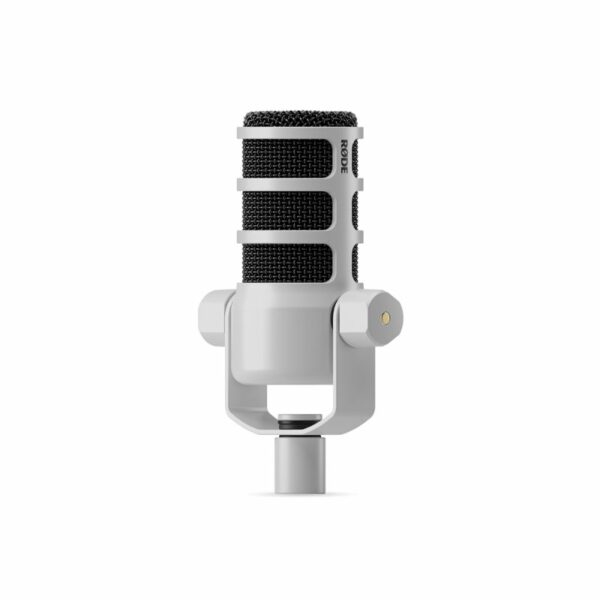
Rode Podmic Dynamic Podcasting Microphone
- Broadcast-Quality Sound: Rich, balanced audio ideal for speech and podcasting.
- Durable Build: Robust all-metal construction for long-lasting use.
- Internal Pop Filter: Minimizes plosive sounds for cleaner recordings.
- Cardioid Polar Pattern: Focuses on the sound source, reducing background noise.
- Internal Shock Mount: Reduces handling noise and vibrations.
- No External Power Needed: Works without requiring phantom power.
- Affordable Price: Professional quality at an accessible price point (approx $99!).
- Versatile Mounting: Compatible with standard mic stands and boom arms.
Cables
XLR Cables
It’s less exciting but needed none the less. You need good quality cables to connect your microphone with the audio interface. You will need one cable for each microphone you plan to connect. Look for XLR female to XLR male connection. Don’t go cheap – as cheap cables can cause interference!
Microphone Stand
Desktop Stand
If you are looking for more mobile setup then you need a simple microphone stand to hold your microphone and place it on the table/surface in front of you.
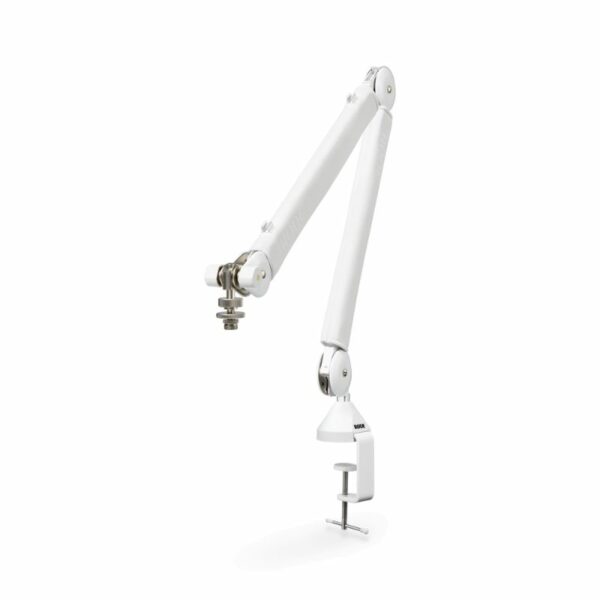
RØDE PSA1+ Swivel Mount Studio Microphone Boom Arm
- Professional Boom Arm: Ideal for broadcast and studio use.
- Full 360-Degree Rotation: Allows flexible and precise microphone placement.
- High Weight Capacity: Supports a wide range of microphones up to 2.7 lbs (1.2 kg).
- Quiet Operation: Internal springs provide silent adjustments.
- Integrated Cable Management: Neat and organized with included cable clips.
- Desk Mount Options: Comes with both a desk clamp and a desk insert mount.
- Extended Reach: Offers a horizontal reach of 32.3 inches (820 mm) and a vertical reach of 33 inches (840 mm).
- Sleek Design: Professional and stylish appearance suitable for any setup.
Important Note
There are many other possible options for you out there and when buying podcasting equipment you should carefully consider the uses, your recording room, portability and longevity of the project. Whilst we have decided to feature all RODE products – this is not a sponsored article, nor an attempt to get affiliate income (there are no affiliate links here). We did want to create a simple and easy to follow list for podcasters as we are often asked for advice in this department. We have used and tested all of the listed equipment and would use it ourselves (in fact do use it!).
Podcast Editing
When you start recording the next step will be making it sound great with post editing. We have a number of helpful blogs you could explore. Our team currently also accepts new customers for our professional podcast editing and production services.
